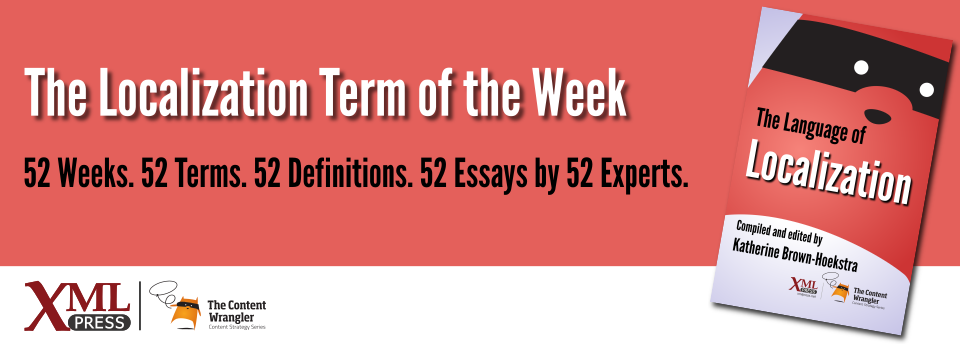What is it?
The act of converting verbal (spoken or signed) communication from one language into another.
Why is it important?
Written translation and spoken or signed language interpreting are two very different, but related, professions. Localization specialists source solutions for diverse needs, usually for people who are not specialists in the fields of translation and interpreting. When a requesting party asks for translation services, they might actually need interpreting services instead. For example, a marketer organizing a company event might request translation for the CEO’s presentation. A localization specialist might assume this means translation of written slides, but later finds out the person requesting the service actually needs spoken language interpreters. Because these requests are frequently confused, it’s important to know how to handle them when they occur.
...continue reading "Term of the Week: Interpreting"
